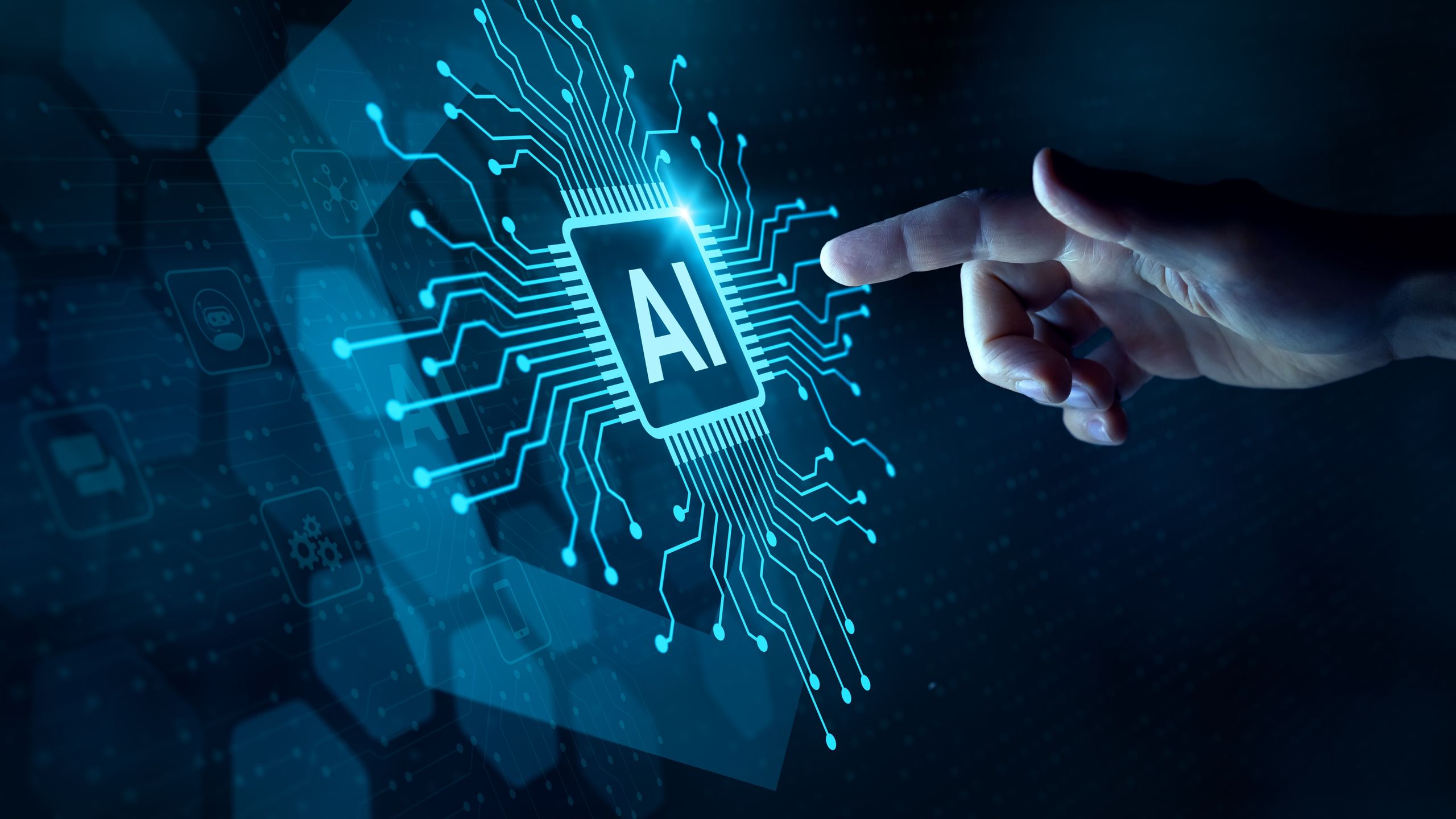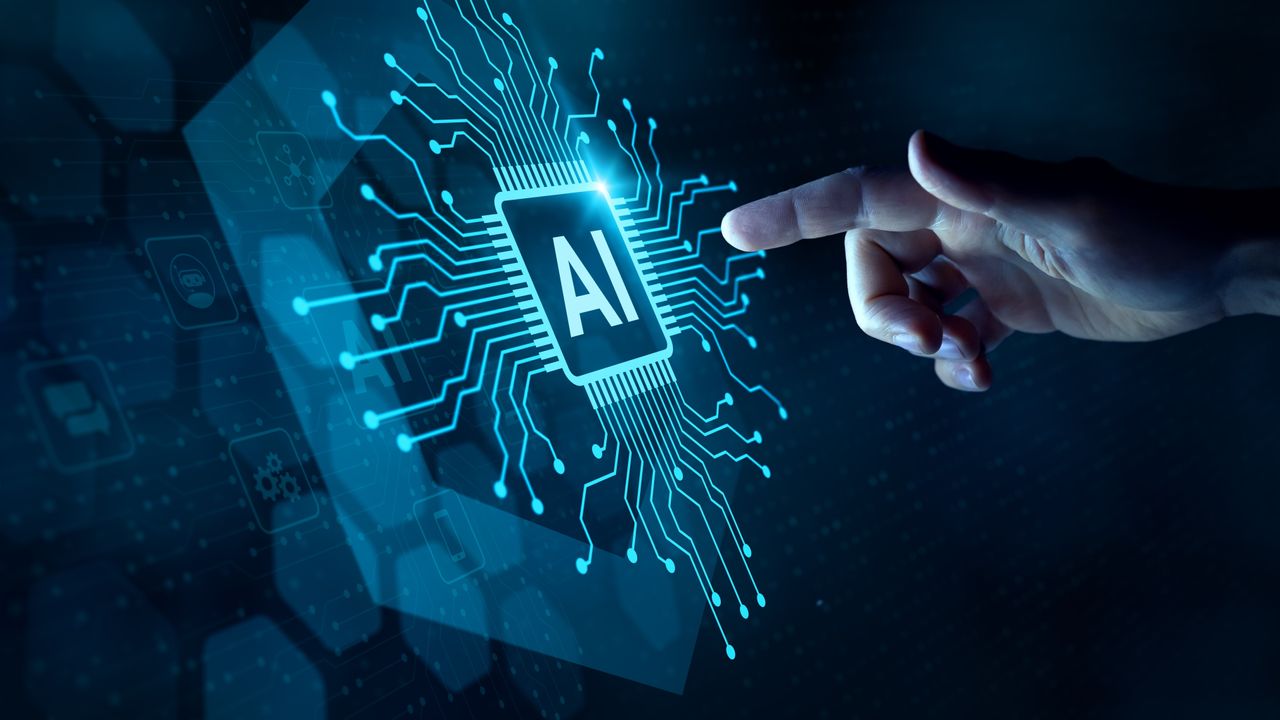

Leaders of development teams already know that AI has reshaped software innovation. New data now puts a figure on its impact in the UK.
UK businesses can save an average of £11,008.57 per developer each year thanks to AI-powered software innovation, according to a recent executive research report, which surveyed thousands of executives worldwide.
When you measure that across the UK’s 465,000 developers, AI has the potential to unlock £5.12 billion in value annually.
Given these savings, it’s not surprising that AI has earned the backing of executives. Nearly nine in ten UK executives (89%) report that software innovation has become a business priority, underscoring the role of AI in driving efficiency and growth across the sector.
Shrinking the human-AI collaboration gap
But there’s still room to grow. While executives aspire to build human-AI partnerships that split software development work 50-50, the majority report that AI is currently only handling about 25% of the work.
To help operationalize AI among development teams, leaders must effectively communicate and frame its value, connecting development activities to business outcomes by focusing on problem-solving capabilities and direct business impact rather than code volume.
This shift in thinking will be critical to fully realizing AI’s potential.
AI isn’t eliminating developer jobs. However, it is fundamentally changing what those jobs require and how executives need to lead and structure teams to capitalize on this massive opportunity. The organizations capturing AI value share three critical traits:
They have the right CTO strategy with relentless customer focus; they’re applying platform thinking to enable their teams to scale more effectively with AI; and they’re investing in team structures and upskilling to help their developers reap the benefits of AI.
Leveraging the right technical leaders
With 78% of executives in the UK willing to invest over half of their IT budgets in software innovation, it’s clear that this is the moment for technical leaders to shine.
I’ve found throughout my career that CTOs come in several different styles, and companies need varying styles of technical leadership at different points in their evolution.
There are three CTO styles: Builder, Strategist, and Guardian.
- Builder CTOs excel at innovating with AI, establishing core technical architecture, and developing innovative products while constantly validating their assumptions with customer feedback. Ideal for smaller, high-growth companies and those that are earlier in their AI journeys.
- Strategist CTOs shine when companies mature, combining deep technical acumen and business knowledge to build platforms, develop long-term visions, cultivate strategic partnerships, and position the company for long-term, scalable growth. The Strategist CTO can help make AI into a permanent, value-additive component of the company’s strategic platform.
- Guardian CTOs excel at helping companies with complex IT infrastructures and large customer bases maintain stability, security, and operational efficiency. They are the right fit for companies whose priorities include implementing governance and security measures around AI, as well as establishing AI processes and standards to maximize efficiency and cost savings.
Success in AI-powered software innovation requires leadership that can identify targeted AI applications, translate them into customer value, and enable teams to focus on higher-value work.
Adopting platform thinking for scale
As organizations grow, teams specialize in focusing on specific challenges, but with more teams, coordination among them can become inefficient.
By the time an organization reaches the tens of thousands, those divisions often turn into silos that can hinder effective collaboration among humans and prevent the organization from realizing the benefits of human-AI collaboration.
In my experience, the most effective CTOs are implementing platform-based approaches to set their companies up for scalable growth without creating silos.
The most common way is to establish a centralized team that’s responsible for building a platform that product teams across the organization can use.
This team’s primary purpose is to automate mundane tasks and provide streamlined workflows for all software innovation teams throughout the organization, a role that AI can enhance.
CTOs may need to establish specialized teams to support the complicated subsystems required by the rest of the organization.
An organization with a complex need, such as evaluating fraud risk in new customers or solving supply-chain complexities in real-time, might organize a team dedicated to supporting that as an AI-powered “subsystem” that the rest of the company can use.
Realigning and upskilling teams to leverage their strengths
Setting up software teams for success in the AI era means letting humans focus on work that AI can’t do well. Although AI can assist with many software development tasks, like coding, it cannot define the “why” behind a project.
Engineers who can translate business needs into technical solutions and anticipate future trends will be invaluable. Those who can combine technical skills with critical thinking skills will be better able to guide AI technologies and realize the productivity gains of human-AI partnerships.
Training in specific AI-related skills, such as prompt engineering and data management, will be critical. Human talent that will matter the most is creativity, strategic vision, and collaboration. In fact, 90% of UK executives indicated that there is a greater need for AI training to fill AI talent gaps.
Forward-thinking CTOs will frame upskilling as an investment in the human-AI partnership that will deliver competitive advantages.
Human innovators will shape the future
The £5 billion opportunity in the UK represented by AI-powered software innovation won’t materialize automatically. Taking advantage of the power of AI requires appropriate leadership, platform thinking, and upskilling in a way that enables humans to focus on what they do best while letting AI manage and automate mundane tasks.
AI is changing the software development landscape, but it’s not eliminating the need for skilled engineers. Instead, it’s shifting the focus toward higher-value work that requires human judgment, ingenuity, and strategic thinking.
Over time, human software innovators will be able to focus increasingly on the work that drives competitive advantage. Companies embracing AI-powered innovation can then transform themselves and their industries in unforeseen ways.
We’ve featured best AI website builder.
This article was produced as part of TechRadarPro’s Expert Insights channel where we feature the best and brightest minds in the technology industry today. The views expressed here are those of the author and are not necessarily those of TechRadarPro or Future plc. If you are interested in contributing find out more here: https://www.techradar.com/news/submit-your-story-to-techradar-pro



